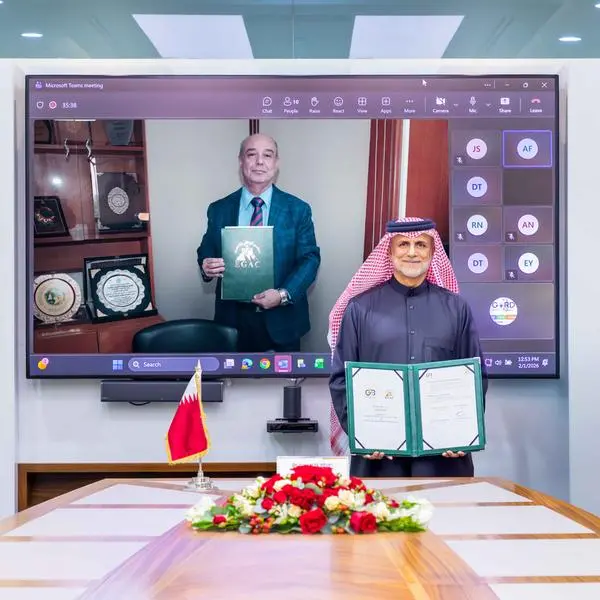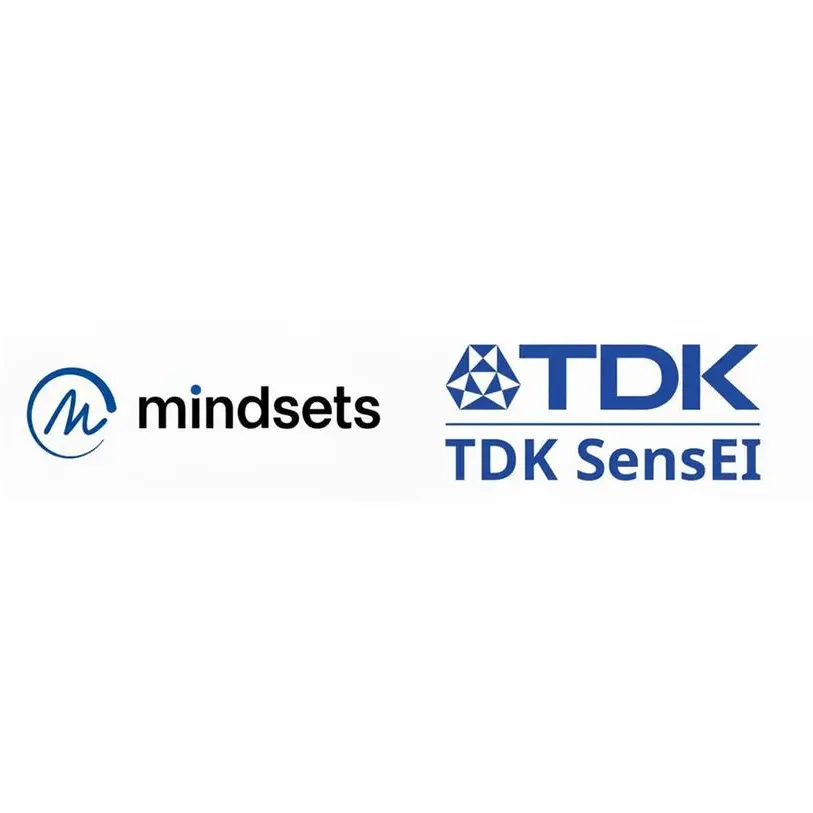- Products certified for capturing and utilizing CO2
Dhahran, Saudi Arabia – The Saudi Arabian Oil Company (“Aramco”) and the SABIC Agri-Nutrients Company (“SABIC AN”), have obtained the world’s first independent certifications recognizing “blue” hydrogen and ammonia production.
The certifications were granted by TÜV Rheinland, a leading independent testing, inspection and certification agency based in Germany, to SABIC AN, in Jubail, for 37,800 tons of “blue” ammonia and to Aramco’s wholly-owned refinery (SASREF), also in Jubail, for 8,075 tons of “blue” hydrogen. To certify ammonia and hydrogen as “blue”, a significant part of the CO2 associated with the manufacturing process needs to be captured and utilized in downstream applications.
Olivier Thorel, Aramco Vice President of Chemicals, said: “These certifications are the first of their kind in the world and signify a major milestone in our efforts to develop clean energy solutions, and advance our hydrogen and ammonia export capabilities. This independent recognition reinforces the work of Aramco and SABIC in decarbonizing multiple sectors, including energy, aviation, transportation chemicals and fertilizer industries.”
SABIC Agri-Nutrients CEO, Abdulrahman Shamsaddin, said: “We are indeed proud of this certification, which is part of our journey towards carbon neutrality. We are confident of further boosting growth with our low carbon portfolio helping our fertilizers as well as chemicals customers achieve their very own sustainability ambitions. We are fully aware that the current global industry challenges related to climate change and greenhouse gas emissions will require us to accelerate our pace of innovation to further strengthen our sustainability commitment. We are well positioned to move forward in this direction.”
SABIC Vice President, Energy Efficiency and Carbon Management, Fahad Al-Sherehy said: “We are leveraging our strong existing infrastructure to produce blue ammonia that can help meet the world's growing needs for sustainable solutions. To help achieve Saudi Arabia’s target for net-zero by 2060 as part of the Saudi Green Initiative, SABIC recognizes that hydrogen will play an essential role in decarbonisation and it is part of SABIC’s overall roadmap toward carbon neutrality by 2050, with a 20% reduction target in carbon emissions by 2030. Furthermore, SABIC is exploring opportunities to utilize hydrogen for green chemistry to strengthen its sustainable solution offerings.”
Aramco and SABIC’s hydrogen and ammonia journey
In 2020, Aramco and SABIC collaborated on the world's first shipment of blue ammonia, a carrier of hydrogen, from Saudi Arabia to Japan. Forty tons of high-grade blue ammonia were dispatched for use in low-carbon power generation.
The new certifications represent another milestone for Aramco and SABIC to become global leaders in hydrogen and ammonia. Aramco has recently announced its target to produce up to 11 million tons per annum of blue ammonia by 2030, and is currently developing carbon capture and hydrogen capabilities. Blue hydrogen production will contribute to Aramco’s ambition to achieve net-zero scope 1 and scope 2 greenhouse gas emissions across its wholly owned operations by 2050.
-Ends-
Contact Information
International Media Relations: international.media@aramco.com
Investor Relations: investor.relations@aramco.com
Aramco
SABIC Agri-Nutrients Contact Information
Media Relations: pressoffice@sabic.com
About Aramco
Aramco is a global integrated energy and chemicals company. We are driven by our core belief that energy is opportunity. From producing approximately one in every eight barrels of the world’s oil supply to developing new energy technologies, our global team is dedicated to creating impact in all that we do. We focus on making our resources more dependable, more sustainable and more useful. This helps promote stability and long-term growth around the world. www.aramco.com.
About SABIC
SABIC is a global diversified chemicals company, headquartered in Riyadh, Saudi Arabia. It manufactures on a global scale in the Americas, Europe, Middle East and Asia Pacific, making distinctly different kinds of products: chemicals, commodity and high performance plastics, agri-nutrients and metals. It has more than 31,000 employees worldwide, operates in around 50 countries, and has innovation hubs in five key geographies – USA, Europe, Middle East, South Asia and North Asia.
About SABIC Agri-Nutrients
SABIC Agri-Nutrients is a public joint stock company listed on the Saudi Stock Exchange (Tadawul), where SABIC owns 50.1% with the remaining 49.9% being held by the private sector and the public on Tadawul. It is one of the leading global fertilizer producers. SABIC AN’s portfolio includes urea, ammonia, phosphate and other specialized products.
Disclaimer
The press release contains forward-looking statements. All statements other than statements relating to historical or current facts included in the press release are forward-looking statements. Forward-looking statements give the Company’s current expectations and projections relating to its capital expenditures and investments, major projects, upstream and downstream performance, including relative to peers. These statements may include, without limitation, any statements preceded by, followed by or including words such as “target,” “believe,” “expect,” “aim,” “intend,” “may,” “anticipate,” “estimate,” “plan,” “project,” ,” “can have,” “likely,” “should,” “could,” and other words and terms of similar meaning or the negative thereof. Such forward looking statements involve known and unknown risks, uncertainties and other important factors beyond the Company’s control that could cause the Company’s actual results, performance or achievements to be materially different from the expected results, performance, or achievements expressed or implied by such forward looking statements, including the following factors: international crude oil supply and demand and the price at which it sells crude oil; the impact of COVID-19 on business and economic conditions and on supply and demand for crude oil, gas and refined and petrochemical products; competitive pressure; climate change concerns and impacts; terrorism and armed conflict; adverse economic or political developments in Asia; operational risks and hazards in the oil and gas, refining and petrochemicals industries; any significant deviation or changes in existing economic and operating conditions that could affect the estimated quantity and value of the Company’s proved reserves; losses from risks related to insufficient insurance; the Company’s ability to deliver on current and future projects; comparability amongst periods; the Company’s ability to realize benefits from recent and future acquisitions, including with respect to SABIC; risks related to operating in several countries; the Company’s dependence on its senior management and key personnel; the reliability and security of the Company’s IT systems; litigation to which the Company is or may be subject; ; risks related to oil, gas, environmental, health and safety and other regulations that impact the industries in which the Company operates; risks related to international operations, including sanctions and trade restrictions, anti-bribery and anti-corruption laws and other laws and regulations; risks stemming from requirements to obtain, maintain, and renew governmental licenses, permits, and approvals; risks stemming from existing and potential laws, regulations, and other requirements or expectations relating to environmental protection, health and safety laws and regulations, and sale and use of chemicals and plastics; potential changes in equalization compensation received in connection with domestic sales of hydrocarbons; potential impact on tax rates if the Company does not separate its downstream business in a timeframe set by the Government of Saudi Arabia; risks related to Government-directed projects and other Government requirements, including those related to Government-set maximum level of crude oil production and target MSC; as well as the importance of the hydrocarbon industry to the Government; political and social instability and unrest and actual or potential armed conflicts in the regions in which the Company operates and other areas; risks arising should the Government eliminate or change the pegging of SAR to the U.S. dollar; and other risks and uncertainties that could cause actual results to differ from the forward looking statements in this press release, as set forth in the Company’s latest periodic reports filed with the Tadawul. For additional information on the potential risks and uncertainties that could cause actual results to differ from the results predicted please see the Company’s latest periodic reports filed with the Tadawul. Such forward-looking statements are based on numerous assumptions regarding the Company’s present and future business strategies and the environment in which it will operate in the future. The information contained in the press release, including but not limited to forward-looking statements, applies only as of the date of this press release and is not intended to give any assurances as to future results. The Company expressly disclaims any obligation or undertaking to disseminate any updates or revisions to the press release, including any financial data or forward-looking statements, whether as a result of new information, future events or otherwise, unless required by applicable law or regulation. No person should construe the press release as financial, tax or investment advice.
Undue reliance should not be placed on the forward‐looking statements.


















